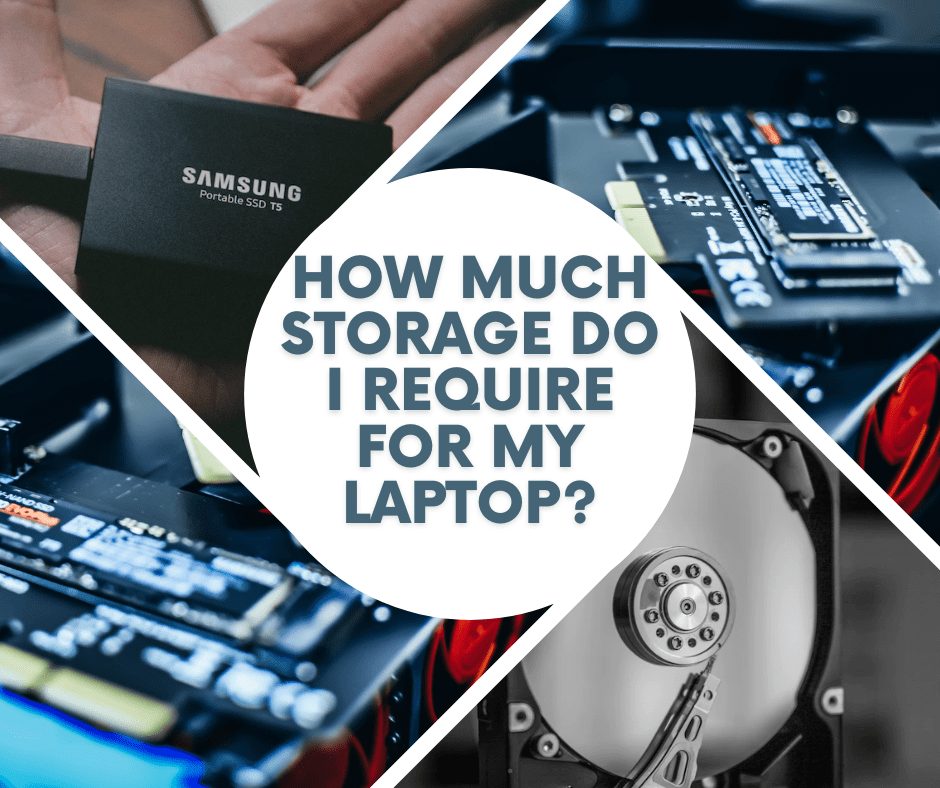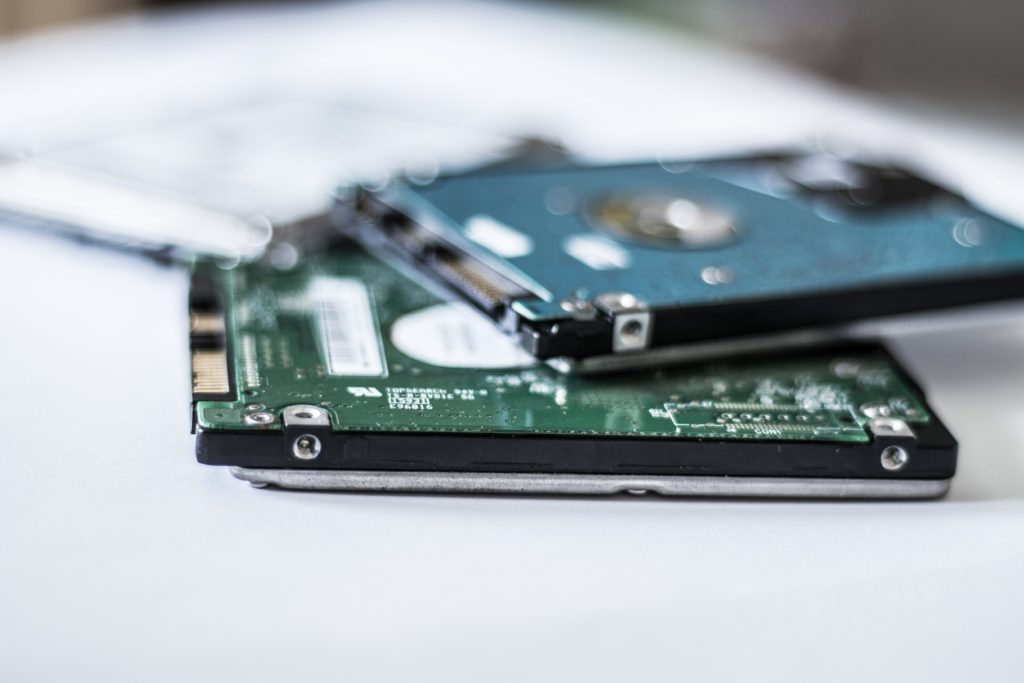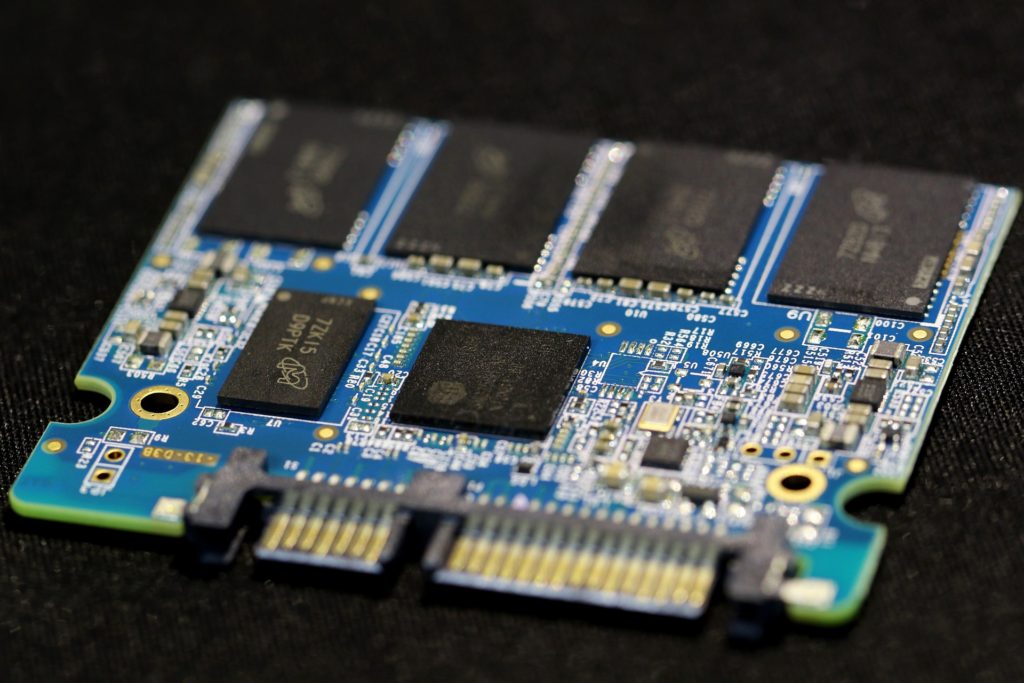With so many options available on the market, selecting the right laptop can be difficult. The type and capacity of storage are important considerations. Many buyers become perplexed when deciding on RAM and primary storage capacity. Without adequate storage, your laptop will be insufficient, and you may come to regret your decision.
So, what is the solution? First, you must choose wisely and effectively. You’ve come to the right place if you’re looking for advice. Here you will find the answer to the question of how much storage you need and what storage you need to put into your laptop.




 A laptop with 1TB of storage is ideal for them. These laptops are ideal for long editing sessions or hour-long gaming sessions. They also necessitate a high-quality graphics card. Less than 1TB of storage will slow down their work. As a result, they should always opt for at least 1TB of storage. Some models also include 2TB of storage space.
A laptop with 1TB of storage is ideal for them. These laptops are ideal for long editing sessions or hour-long gaming sessions. They also necessitate a high-quality graphics card. Less than 1TB of storage will slow down their work. As a result, they should always opt for at least 1TB of storage. Some models also include 2TB of storage space.


Recent Comments